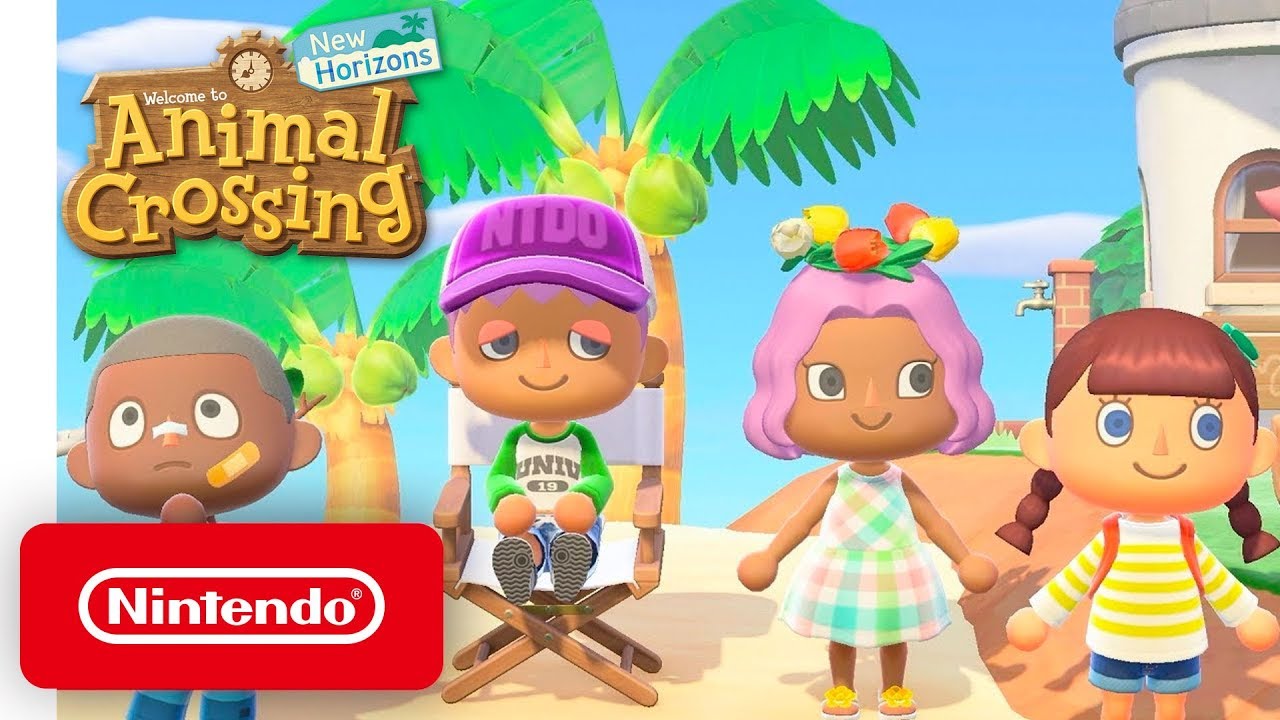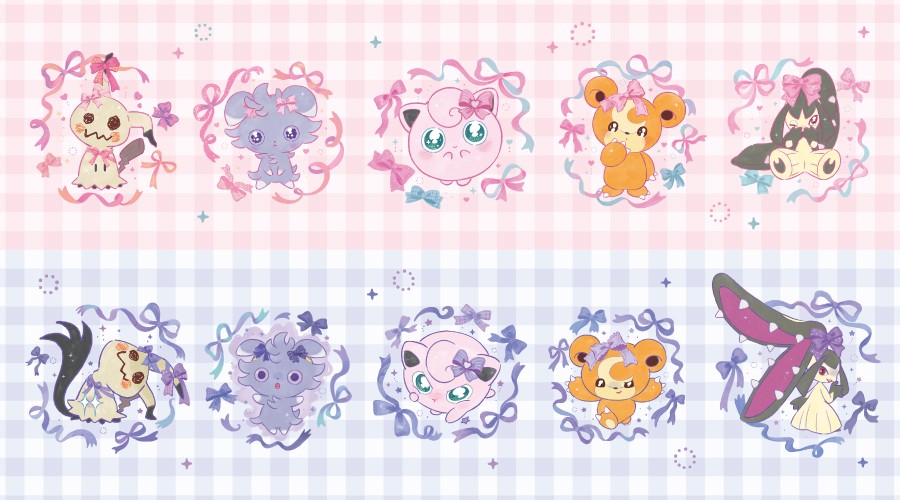The Pokémon Trading Card Game remains an enduring powerhouse in the collectibles world, consistently attracting dedicated fans and high-rolling collectors eager to secure the rarest cards.
First introduced in Japan in 1996, the Pokémon TCG now boasts a rich history, and early prototype or 'playtest' cards from its pre-launch development have achieved cult status among enthusiasts.
In recent months, a cluster of these sought-after prototype cards—verified by prominent card grading company CGC and with input from original designer Takumi Akabane—surfaced in the market, fueling a surge of interest and some headline-making auction results, including a Pikachu 'Alpha Prototype' card that sold for $24,400 via Goldin Auctions in December 2023. However, new and troubling findings have thrown the authenticity of many of these high-profile cards into question.
A detailed investigation led by user PkmnFlyingMaster (PFM) on EliteForum, and highlighted by outlets such as Video Games Chronicle (VGC), reveals that what was once thought to be a legitimate trove of mid-90s Pokémon TCG prototypes may, in fact, include modern forgeries. PFM's research draws upon a forensic analysis technique involving the detection of near-invisible microdot watermarks embedded by modern printers—details sometimes used by law enforcement to trace documents.
By enhancing the color values of high-resolution card scans, PFM discovered a consistent series of yellow tracking dots on several alleged prototype cards.
These dots encode metadata, including the production date and the printer's serial number.
Alarmingly, the data indicated that some cards were printed as recently as June 2024, decades after the original Pokémon TCG prototypes would have been produced. "After examining numerous cards—including several claimed to be from Takumi Akabane's personal collection—I found that almost every low-quality beta playtest card exhibited a similar tracking pattern," PFM summarized in their statement to PokeBeach, calling the revelation "deeply discouraging." The findings have gained traction as additional collectors come forward with cards displaying identical patterns, suggesting the issue could be widespread. CGC, which worked closely with Akabane to verify the cards, has not yet released a formal response regarding these allegations.
The controversy has sent ripples through the Pokémon TCG community, especially given the high profile and financial stakes involved.
The trading card scene has seen its share of drama before, but this incident reignites debate around authenticity, third-party grading, and trust in both marketplaces and collectors. Amid renewed attention fueled by the October 2023 release of Pokémon Trading Card Game Pocket—an official mobile title that achieved over $120 million in revenue in its first month—the Pokémon TCG ecosystem remains vibrant but also vulnerable to new challenges.
As mobile and console platforms like the Nintendo Switch and eShop expand access to Pokémon experiences, the original trading card game continues to serve as both a nostalgic touchstone and a dynamic, sometimes controversial, pillar of the Nintendo legacy. Collectors are now left awaiting further investigation and clarity on the status of these prototype cards.
Meanwhile, the Pokémon Trading Card Game community and industry stakeholders face important questions about verification standards and the preservation of trust in the collectibles market.
First introduced in Japan in 1996, the Pokémon TCG now boasts a rich history, and early prototype or 'playtest' cards from its pre-launch development have achieved cult status among enthusiasts.
In recent months, a cluster of these sought-after prototype cards—verified by prominent card grading company CGC and with input from original designer Takumi Akabane—surfaced in the market, fueling a surge of interest and some headline-making auction results, including a Pikachu 'Alpha Prototype' card that sold for $24,400 via Goldin Auctions in December 2023. However, new and troubling findings have thrown the authenticity of many of these high-profile cards into question.
A detailed investigation led by user PkmnFlyingMaster (PFM) on EliteForum, and highlighted by outlets such as Video Games Chronicle (VGC), reveals that what was once thought to be a legitimate trove of mid-90s Pokémon TCG prototypes may, in fact, include modern forgeries. PFM's research draws upon a forensic analysis technique involving the detection of near-invisible microdot watermarks embedded by modern printers—details sometimes used by law enforcement to trace documents.
By enhancing the color values of high-resolution card scans, PFM discovered a consistent series of yellow tracking dots on several alleged prototype cards.
These dots encode metadata, including the production date and the printer's serial number.
Alarmingly, the data indicated that some cards were printed as recently as June 2024, decades after the original Pokémon TCG prototypes would have been produced. "After examining numerous cards—including several claimed to be from Takumi Akabane's personal collection—I found that almost every low-quality beta playtest card exhibited a similar tracking pattern," PFM summarized in their statement to PokeBeach, calling the revelation "deeply discouraging." The findings have gained traction as additional collectors come forward with cards displaying identical patterns, suggesting the issue could be widespread. CGC, which worked closely with Akabane to verify the cards, has not yet released a formal response regarding these allegations.
The controversy has sent ripples through the Pokémon TCG community, especially given the high profile and financial stakes involved.
The trading card scene has seen its share of drama before, but this incident reignites debate around authenticity, third-party grading, and trust in both marketplaces and collectors. Amid renewed attention fueled by the October 2023 release of Pokémon Trading Card Game Pocket—an official mobile title that achieved over $120 million in revenue in its first month—the Pokémon TCG ecosystem remains vibrant but also vulnerable to new challenges.
As mobile and console platforms like the Nintendo Switch and eShop expand access to Pokémon experiences, the original trading card game continues to serve as both a nostalgic touchstone and a dynamic, sometimes controversial, pillar of the Nintendo legacy. Collectors are now left awaiting further investigation and clarity on the status of these prototype cards.
Meanwhile, the Pokémon Trading Card Game community and industry stakeholders face important questions about verification standards and the preservation of trust in the collectibles market.





